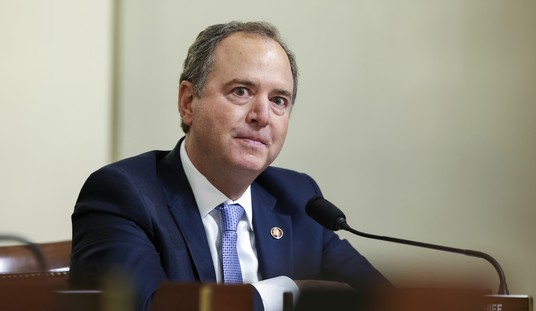Dr. Thomas Sowell, my colleague and friend, told me several years ago that he wasn't going to write any more books, but that was two books ago, and now he has just published his 45th. The man writes with both hands, as can be seen from his website (http://tsowell.com), which lists his 45 books, 19 journal articles, 71 essays in periodicals and books, 34 book reviews, and occasional columns written in The Wall Street Journal, The New York Times, The Washington Post, the Los Angeles Times, The Washington Star, Newsweek, The Times (Britain) et al. Plus, he writes a semiweekly column for Creators Syndicate.
"Wealth, Poverty and Politics: An International Perspective" is a true gem in terms of exposing the demagoguery and sheer ignorance of politicians and intellectuals in their claims about wealth and poverty. Sowell discusses a number of factors that help explain wealth and income differences among people and nations around the world. They include geographical, cultural, social and political factors, which Sowell explains in individual chapters. Readers will benefit immensely from the facts and explanations laid out in those chapters, but here I want to focus on what I think is his most important chapter, "Implications and Prospects."
How many times have we been told that the rich are prospering at the expense of the poor? Sowell points out that most households in the bottom 20 percent in income have no one working. How can someone who isn't producing anything have something taken from him?
What about the supposed "paradox of poverty" in a rich society such as ours? Sowell says that this is a paradox only to those who start out with a preconception of an egalitarian world in defiance of history and have a disregard for the arbitrariness of government definitions of poverty. Poverty occurs automatically and has been mankind's standard fare throughout its entire history. It is high productivity and affluence that are rare in mankind's history and require an explanation. Government definitions of poverty make talking about income gaps and disparities meaningless. If everyone's income doubled or even tripled, poverty would certainly be reduced, but income gaps and disparities would widen.
Recommended
One of the biggest problems in analyzing poverty is the vision that the poor are permanently poor. A University of Michigan study followed specific working Americans from 1975 to 1991. It found that particular individuals who were in the bottom 20 percent in terms of income saw their real incomes rise at a much higher rate than those in the top 20 percent. An IRS study, covering the period from 1996 to 2005, found a similar result. Workers whose incomes were in the bottom 20 percent saw their incomes rise by 91 percent. Over the same span, those in the top 1 percent saw their incomes fall by 26 percent. The outcomes of both studies give lie to the claim that "the rich are getting richer and the poor are getting poorer."
Sowell argues that another source of confusion in discussions of economic differences is the failure to distinguish between income and wealth. The use of the term "the rich" to describe people in higher income brackets is just one sign of confusion. Being rich means having an accumulation of wealth rather than having a high income in a given year. This distinction is not just a matter of semantics. Calls for raising income tax rates to make "the rich" pay their undefined "fair share" are an exercise in futility because income taxes do not touch wealth. Higher income taxes are a tax on people trying to accumulate wealth.
There are many other tidbits of information in "Wealth, Poverty and Politics," such as the impact of age on income. For example, only 13 percent of households headed by a 25-year-old have been in the top 20 percent, whereas 73 percent of households headed by someone 60 or older have been.
Dr. Sowell's new book tosses a monkey wrench into most of the things said about income by politicians, intellectuals and assorted hustlers, plus it's a fun read.

























Join the conversation as a VIP Member